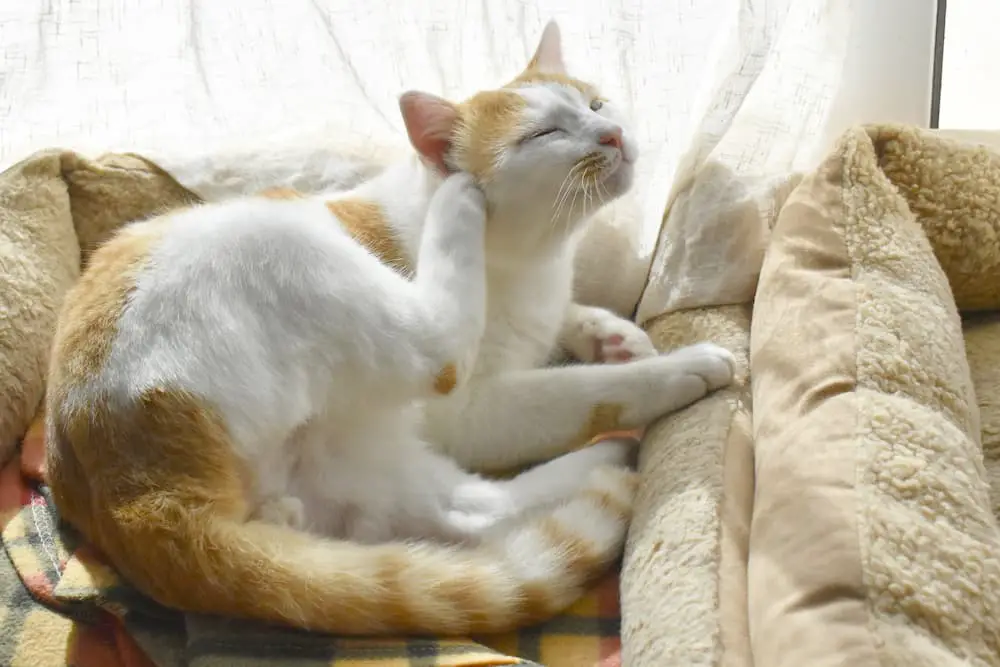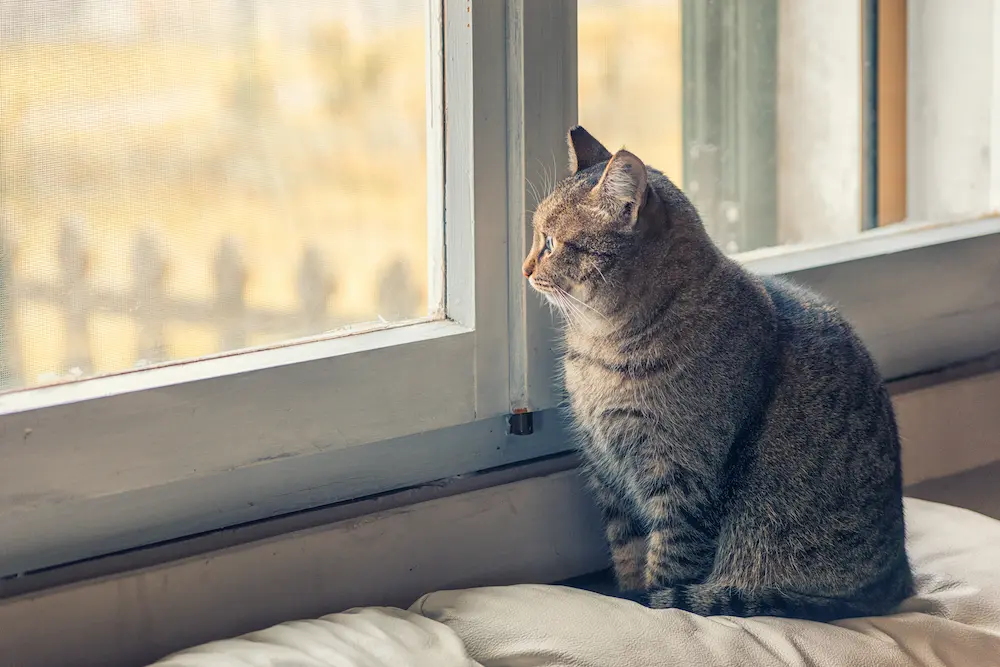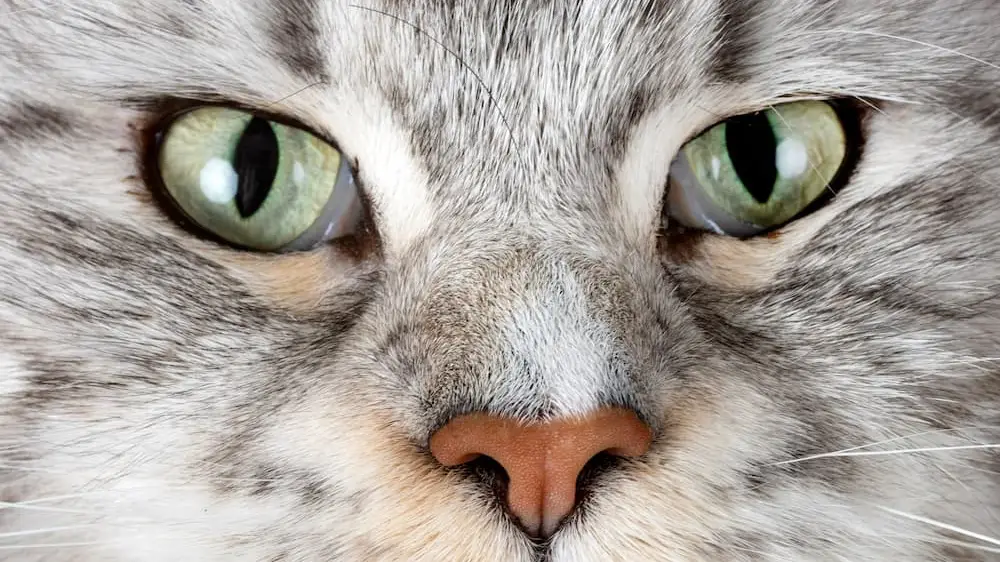By Gerrard Larriett
Your cat had you from her first meow, but she hasn’t been her usual sweet self lately–just like many humans in this trying moment. If your cat is acting skittish and more stand-offish than usual, it’s likely because you’ve transmitted your coronavirus anxiety.
Research shows that cats mirror your feelings, and prefer a smile to a frown. Felines also detect human fear pheromones, chemicals that impact the behavior and emotional state of your beloved pet. Your furry friend provides clues to his emotional well-being—you just need to know what they’re trying to convey.

Signs of Feline Stress
It’s important to take control of your cat’s anxiety now because they are susceptible to stress-related illnesses like Feline Idiopathic Cystitis, and elevated heart rate and blood pressure.
Here are some behaviors to track:
- Abnormal Digestive Upset: When cats experience a change in their caretaker’s behavior, they can suffer from diarrhea, throwing up, or refusing food. They aren’t being finicky. They are displaying an emotional 9-1-1.
- Out-of-Control Marking: Urine spraying or cat stools that appear in wildly inappropriate places is your pet’s way of telling you that he’s in distress. If your cat makes a mess (and you crazy), try one of these easy ways to clean pet stains naturally and have your house smelling fresh in no time.
- Out of Character, Aggressive or Destructive Activities: Is your kitty avoiding you? Or maybe he’s become extra clingy? What about dilated pupils or flattened ears? These are all signs of stress and fear. If your ordinarily peaceful pet is now biting and clawing you, other pets, family members, or scratching the furniture and drapes, it’s a sure sign of high anxiety.
- New Compulsive Behaviors: Cats that over-groom, sometimes even creating bald spots, or suck on non-food items (like cotton, paper, or wool), are signs of anxiety. Similarly, acts like excessive vocalizing or yowling are anxiety-driven, too.
How to Soothe Your Cat’s Anxiety—and Yours
Petting a cat usually soothes both of your emotions, but when you’re freaked out, the positive effects only work one way.
Here are some ideas to get both of you through this harrying time:
- Set and Stick to a Routine: Under local or state stay home orders? Your whole family, including your pet, benefits from a routine. Try playing with toys that mimic prey like a toy mouse regularly. The activity is fun and provides a much-needed mental break for all.
- Adjust the Physical and Aural Environment: Cats like a vertical perch to feel a sense of control over their environment, so give them a high spot in a favorite space. Noise can make cats jumpy, so lower your voice, and play soft music or pleasant white noise. You’ll be amazed at how your cat reacts to the tone and mood change.
- Take Advantage of Anti-Anxiety Treats or Medications: Talk to your vet about cat treats specifically designed to have calming effects—they usually contain L-theanine. Cat completely out of control? Anxiety prescription medication may be in order.
- Clear the Atmosphere with Aromatherapy and Soothing Essential Oils: With their highly evolved sense of smell, cats respond well to the judicious use of natural scents and essential oils to create an aura of kitty-calm. You likely know lavender eases stress, but did you know jasmine can boost a cat’s moods and emotions? Learn how essential oils assuage anxiety with the Ultimate Pet Aromatherapy Guide for Dogs and Cats.
Finally, think about bringing another pet into your home. The Humane Society of America urges people to adopt or foster at a time when donations are shrinking, and people surrender pets because of a job or home loss. Be kind to each other and your pets, and we’ll all get through this challenging time.
About the author:
A devoted pet lover and fragrance expert, Gerrard Larriett uses his over 10 years of experience in the cosmetics industry to create a spa-inspired line of pet care products.







